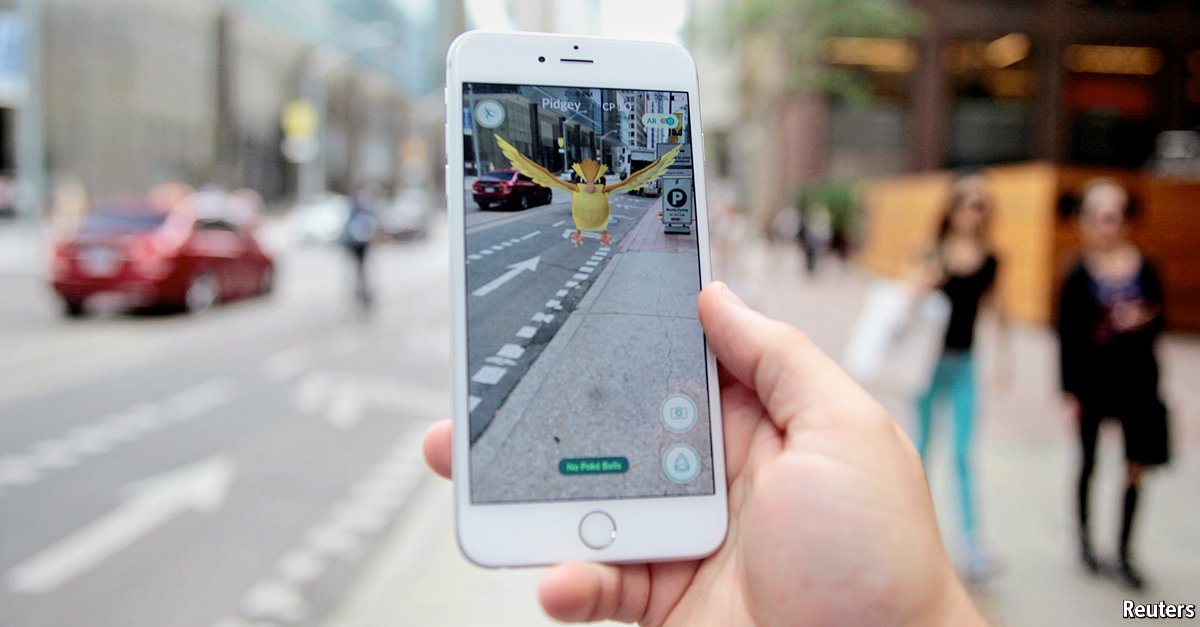Pokémon Go could improve brain health, but you’re too distracted to let it...
"just being in a beautiful place is not enough: You have to pay attention to it"
Colin Ellard
Instead of passively sitting in front of a screen, Pokémon Go has inspired us to beat the streets, log miles through the urban terrain, set records with our Fitbits, and generally applaud ourselves for the massive collective outburst of healthy activity. But are we really getting the full mental benefits of a leisurely stroll?
Walking, regardless of if it’s on a treadmill or a trail in the woods, is good for us. Sitting is the new smoking, so in this sense, there’s no question that playing Pokémon Go is healthier than being slumped in front of an Xbox playing a console game (provided you avoid walking into traffic or being lured by criminals).
The harder question to answer is whether the kind of walking we do while collecting creatures is psychologically healthy. In spite of some of the glowing accounts of the app’s ability to encourage “exploration,” we are not likely garnering the same emotional and physiological benefits as we would on a technology-less walk. Beyond the positive effects of exercise, there are many other benefits we gain from strolling through the streets—but we often can’t access them when we’re avidly chasing virtual creatures through a 3-by-6 inch screen.
In the Urban Realities Laboratory at the University of Waterloo in Canada, my team and I study the relationship between the design of city streets and the healthy operation of the human mind. In many of our experiments, we connect participants to a suite of sensors that measure their arousal levels, brain state, eye movements, and heart rate, and then we take them for walks through the streets of a city. In experiments conducted in many major cities, including New York, Berlin, Mumbai, and Toronto, certain truths have emerged:

No comments:
Post a Comment